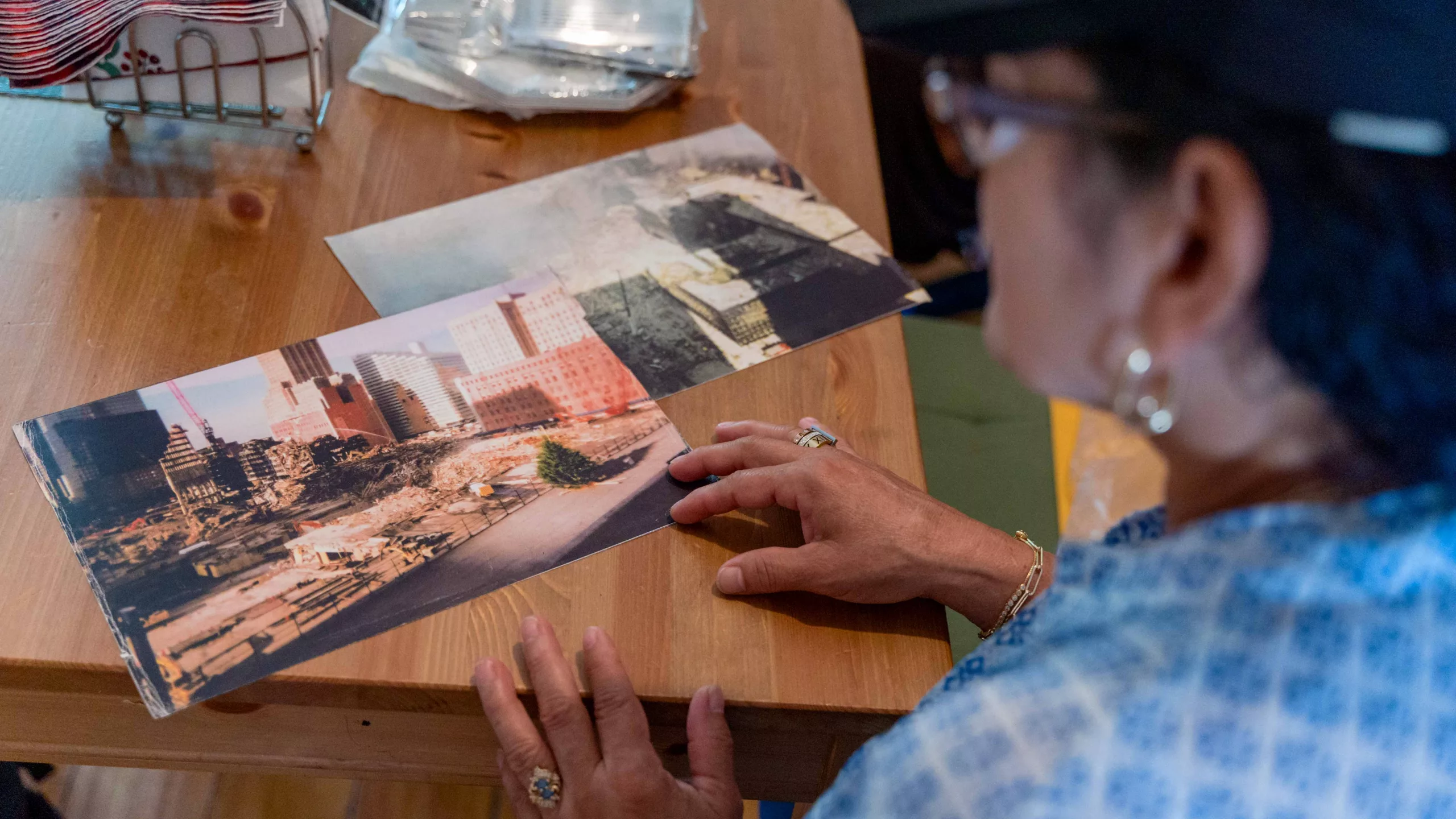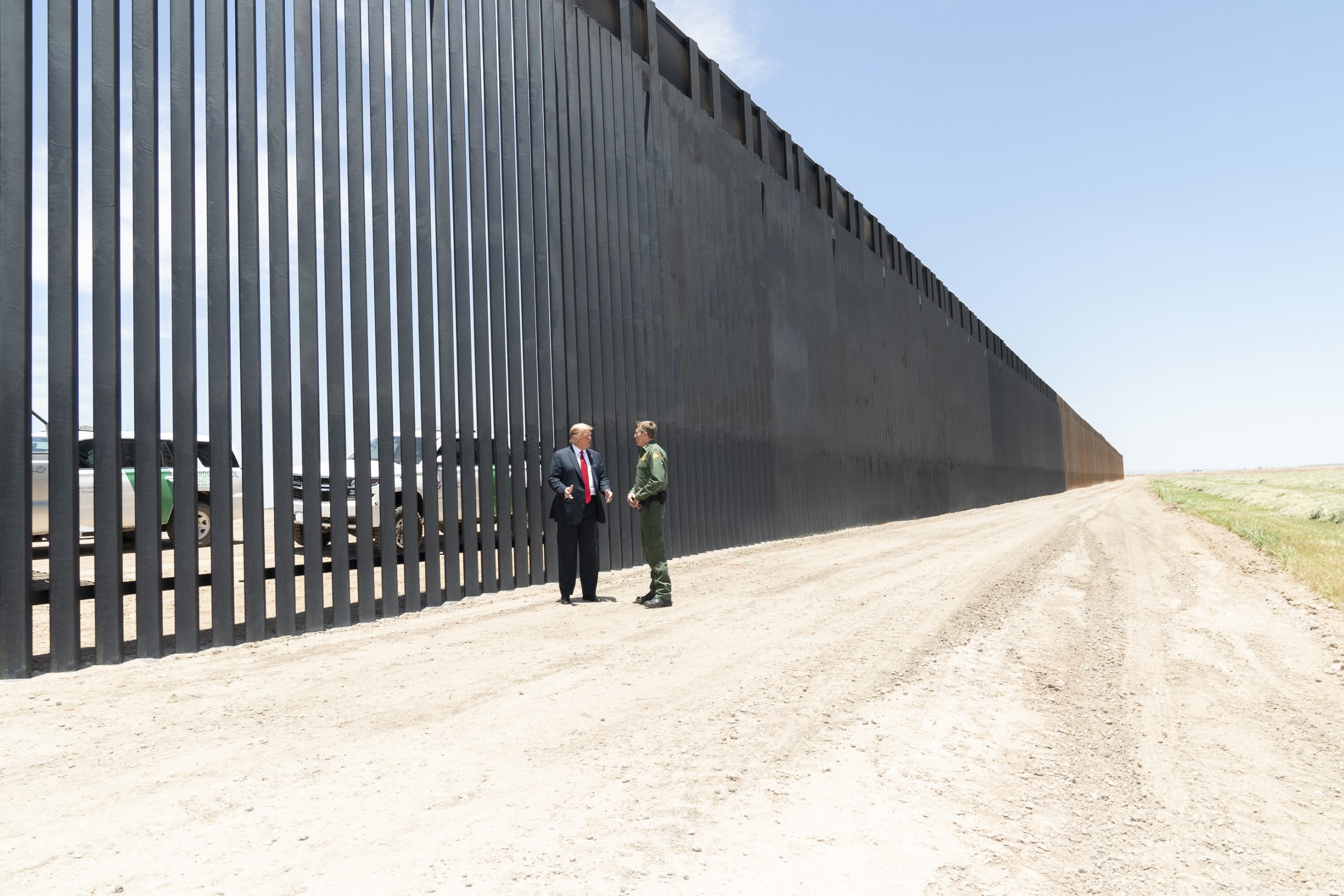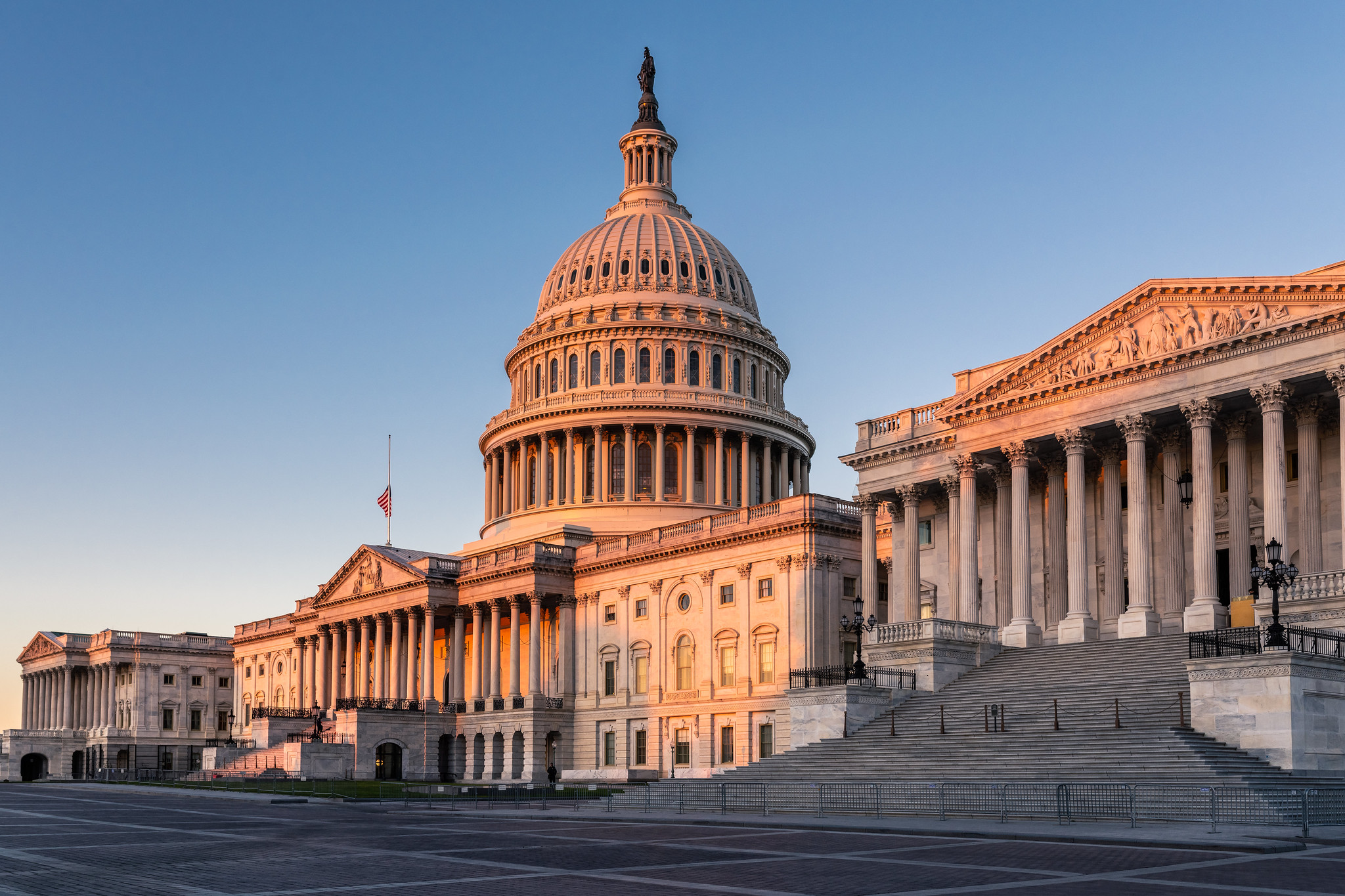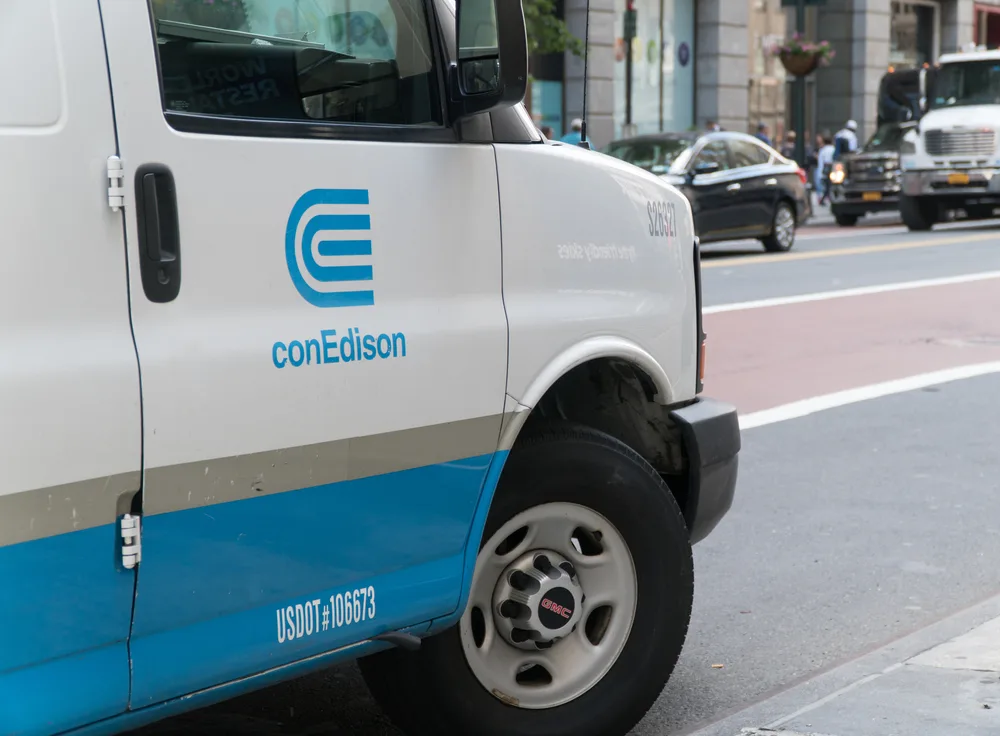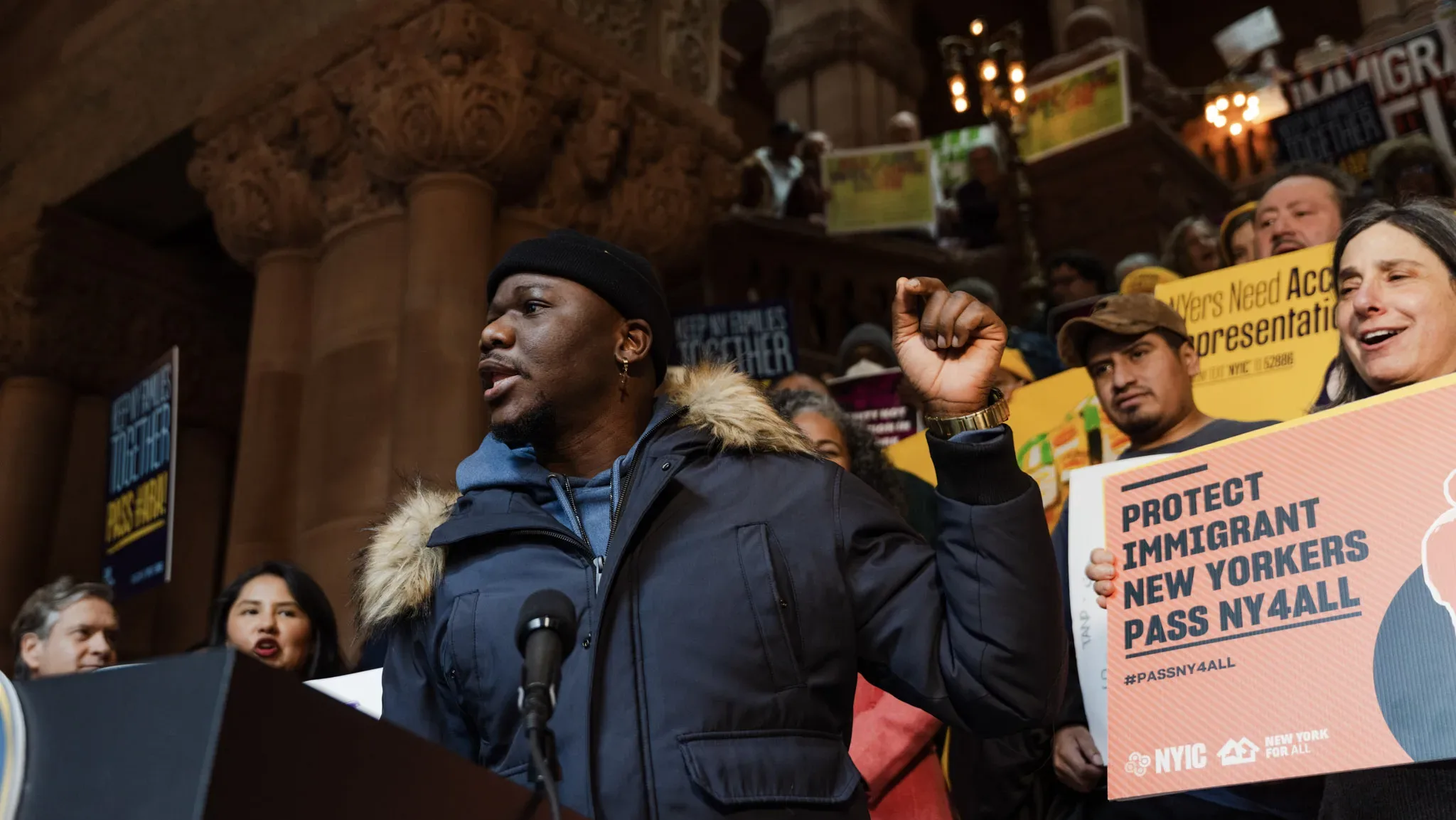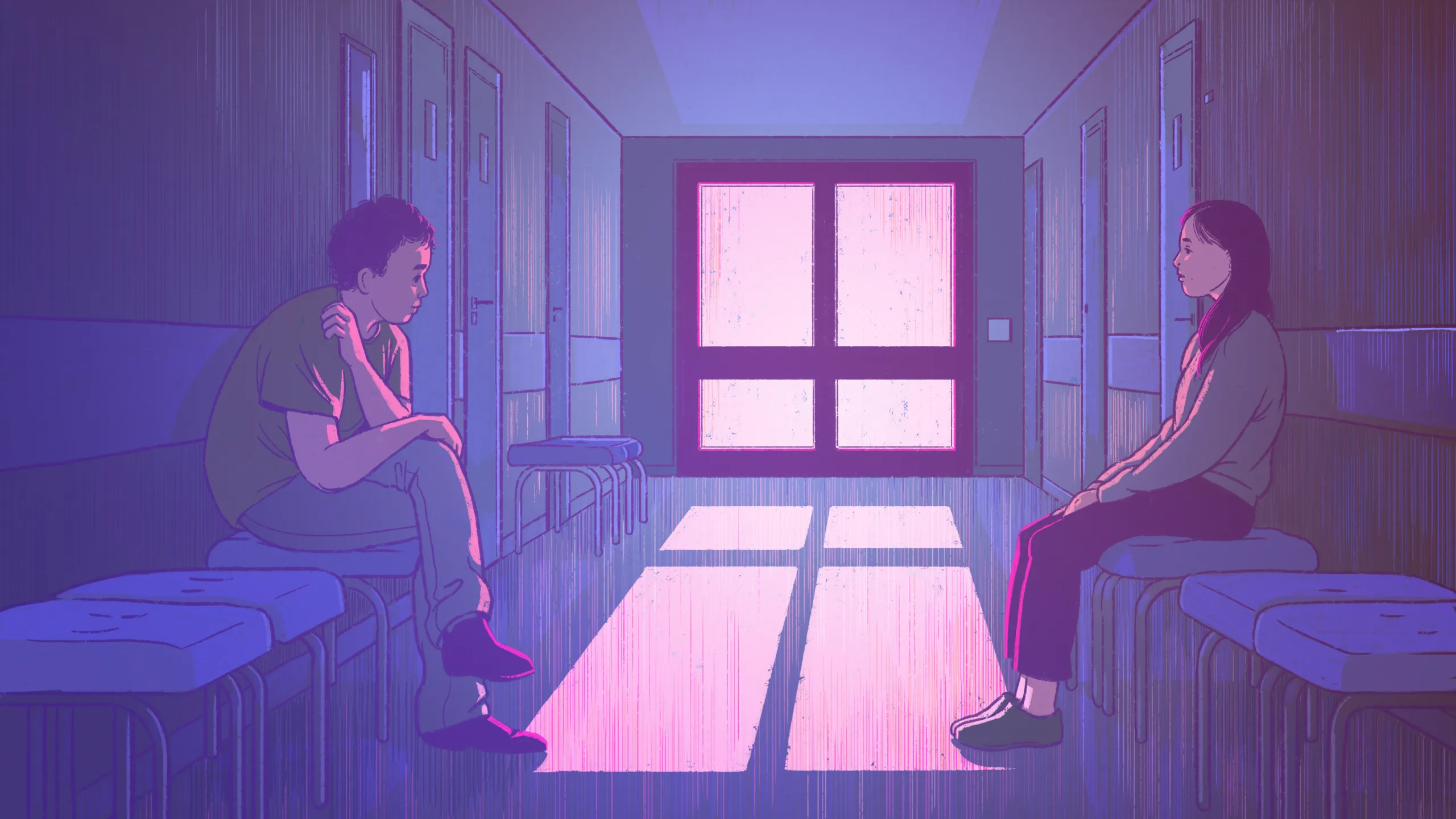The metal beams of the south tower stood in the middle of the debris like carcasses, María Ernestina Hernandez, 41 at the time, observed. It was September 12, 2001 and she had been taken by an independent contractor, recommended by her friend, to help clean businesses on Cortland Street, an area which had been covered with a billowing white-dust.
At the start of what would be a six-month employment journey, Hernandez felt like a hero. She remembers dusting off keyboards, monitors, and stacks of documents. She cleaned windows and walls. She was proud to help New York City get back on its feet, but it’s a decision she has questioned for the past 22 anniversaries. “If they had had a sign that said ‘hazardous area ahead’ I would not have taken the job,” Hernandez told Documented.
An estimated 2,000 undocumented immigrant workers and volunteers took part in the efforts to clean up Ground Zero in the months following the 9/11 attacks. Yet, for more than two decades, many have continued to languish on the margins of society without the opportunity to obtain legal residency or citizenship. A 2021 bill introduced by Representative Alexandria Ocasio-Cortez aimed to provide undocumented 9/11 workers with a pathway to citizenship, but the legislation has failed to make any headway in Congress.
Like Hernandez, four other undocumented migrants who spoke with Documented said that they feel neglected by the federal government and that they have been left to fend for themselves as they grapple with devastating health effects incurred by working at the site.
Hernandez migrated to New York from Honduras in 1999 and had very little luck finding stable jobs. She had been out of work for two years when on the day of the 9/11 attacks, as she was sleeping on the couch, her pager beeped. Her friend Sonia was calling.
She took a quarter and rushed to the closest phone booth in her neighborhood of Corona, Queens. On the phone, Sonia asked Hernandez if she had been watching the news that the towers had collapsed. Hernandez told her friend that she was unaware of it. Sonia then asked her if Hernandez would be interested in helping clean up the nearby businesses that had been affected by tragedy. “I was so happy because I did not have a job at that time, so this would help me win my day’s salary,” Hernandez said.
For six months she made the daily commute from her home in Queens to Lower Manhattan. There, she was picked up in a van near Canal Street and driven along with other workers to Ground Zero. During those months, Hernandez recalls dusting off offices every day, wearing only a loosely woven cloth mask and discardable coveralls. “The architects used to wear a mask that looks like the trunk of an elephant,” she said, adding that the contractor did not provide the proper equipment to protect the cleaners from asbestos. “They also provided lunch but we were eating on top of the dust,” she said.
Months after she finished her job at Ground Zero, sometime around the spring of 2002, Hernandez began having random allergic reactions, sinusitis, and acid reflux. She suspected it was due to the months she spent working without proper safety equipment. Other workers also developed chronic illnesses, such as cancer, and it is estimated that at least 2,000 have died in the past two decades due to 9/11-related illnesses.
While dealing with her ailments has been detrimental to her quality of life, Hernandez said that what she wants most from the federal government is a path to adjust her status to permanent residency. “It will help me secure a job and make a decent living,” Hernandez said. “I want to be able to look out for myself.”
Unkept Promises After 9/11 Attack
In 2017, former Rep. Joseph Crowley introduced the 9/11 Immigrant Worker Freedom Act. The bill aimed to provide an estimated 2,000 undocumented workers who helped clean up the area near Ground Zero after the collapse of the towers. Many of the workers had been hired by independent contractors. The bill failed to pass the house repeatedly. In 2021, Reps. Alexandria Ocasio-Cortez, Adriano Espaillat and Grace Meng introduced a new version of the bill, no longer requiring the workers to have paid taxes to qualify for the adjustment of their immigration status. A spokesperson for Rep. Ocasio-Cortez’s office told Documented that the legislation has failed to make any progress since its introduction. The spokesperson added that the bill is still a priority.
But for some of the workers, the legislation is already too late. Rosa Bramble Caballero, a social worker and Executive Director of Venezuelan Alliance for Community Support, has spent the past two decades helping and advocating on behalf of the undocumented 9/11 workers. She said that 10 of her clients have since passed away without ever being recognized for their service.
Also Read: AOC Says White House Needs To “Get Out of Our Way”
“I have clients who are undocumented, and they have given up on the system and given up on the hope for any relief,” she said. “As a result, they are increasingly depressed and isolated. They feel forgotten.”
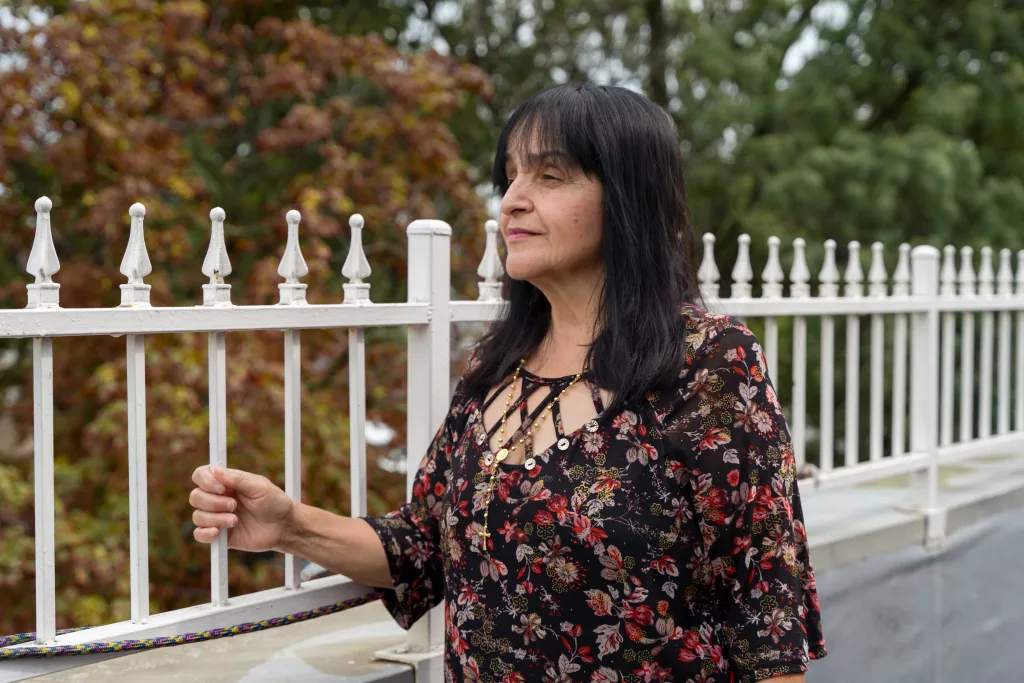
Luceli Gil, 67, also helped clean up businesses that were impacted by the collapse of the towers. “When we stopped working there, the walls [of the offices] were no longer dirty, they were clean,” she told Documented. She had migrated to New York in the year 2000 from Bogotá, the capital of Colombia, and saw the job opportunity as a blessing.
The experience of working at the site, along with the exposure to asbestos, has deeply impacted her health, she said. She witnessed first responders excavate bodies from underneath the scraps of the buildings. At home, she was unable to sleep and developed anxiety and panic attacks, for which she still takes medication today. In 2005 she lost her coworker who developed cancer after working at the site. She avoids the 9/11 memorial site during the anniversaries because she said that would also induce anxiety.
But, like Hernandez, getting a path to legalize her status is what Gil yearns for the most. If Rep. Ocasio-Cortez’s bill was to pass, Gil could find employment and be free to visit her family in Colombia. But with the slow pace of the legislative machine, Gil has grown skeptical.
“We felt important back then, but then we were forgotten heroes,” she said. “Every year they tell us the same thing.”
